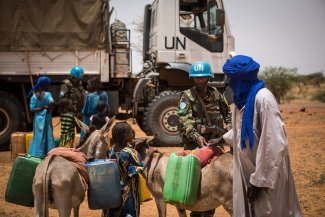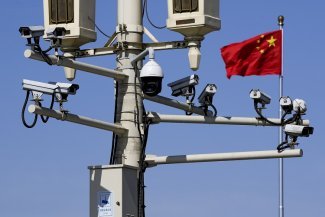
New technologies, especially digital, are having a profound effect on all human activity and, by extension, on international relations.
The political, strategic, economic and social challenges stemming from the evolution of technology are many and are rapidly evolving. Be it in the military arena (hard power) or in the civil arena (soft power), be it in traditional areas such as trade or communication, or newer areas in human history, such as the space or cyber industries, the use of technology is clearly impacting relations between state powers. The strategies pursued by certain political actors to increase their influence over their country’s citizens and their opponents, or to conquer new ground, also rest on what science and engineering have to offer, for better or for worse.
We invite you to discover some examples through these articles previously published by Equal Times.
Can the militarisation of space be avoided?
By Jesús A. Núñez Villaverde
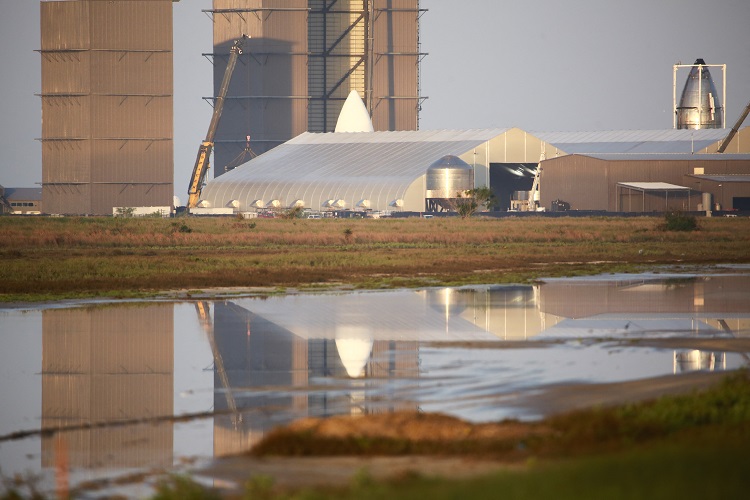
The launch of the artificial satellite Sputnik 1 into orbit on 4 October 1957 propelled with it the conquest of space to the top of the agenda of the world’s major powers, where it assumed a place alongside the traditional areas of strategic competition: land, sea and air. And while driven in part by the human desire to go beyond the frontiers of the known, the space race must above all be understood as a central element in the struggle for planetary hegemony among a handful of global powers.
In the Middle East, cyberattacks targeting vulnerable populations are on the rise
By Clément Gibon
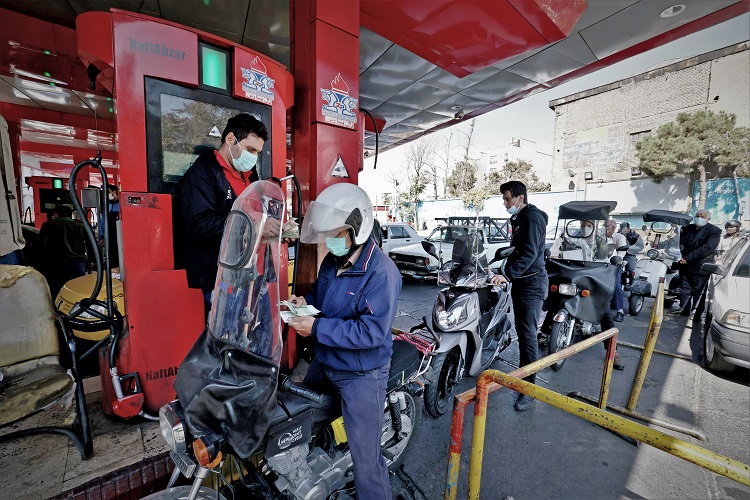
More discreet than traditional warfare but equally capable of wreaking havoc, cyberspace has become an increasingly favoured battleground in the Middle East, as states and other regional actors vie for a new cyber supremacy.
Cyberattacks in recent months have increasingly targeted civilians, for example when Iran’s national fuel distribution network was paralysed in October 2021. By disrupting the smart payment system that the government uses to distribute subsidised petrol, hackers forced almost all of Iran’s petrol stations to close, which further aggravated social and political discontent in the country.
Shortly after the attack, for which Iranian authorities blamed Israel, the Iran-affiliated hacker group Black Shadow leaked the personal data of Israeli users of the LGBTQ dating app Atraf. Hila Peer, chairwoman of The Aguda, an association that fights for LGBTQ rights, told AFP that the hackers had “chosen the right target if they wanted to cause panic,” as the leaks could put the lives of some users “in danger.”
On the back of the pandemic, the militarisation of Latin America is gathering momentum, analysts warn
By Maurizio Guerrero
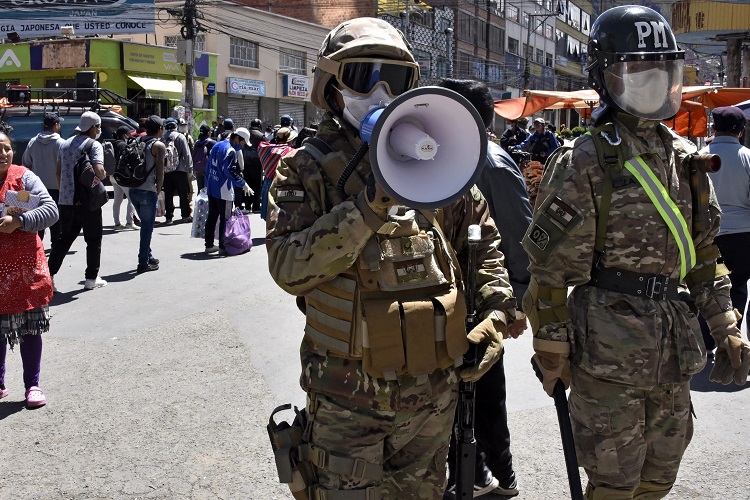
During the Covid-19 pandemic, armed forces in Latin America have been taking on essential tasks: manufacturing protective equipment, delivering food and treating civilians in hospitals. In at least a dozen countries, soldiers have been deployed to enforce containment measures, often using brute force, on populations made up of largely poor informal workers. In Venezuela and Bolivia, the armed forces have also been used to repress political opposition and to shore up governments with questionable democratic legitimacy. Observers of the situation in Latin America fear that permanent militarisation will become the new normal, and that, in the absence of adequate civilian institutions, many governments will use their armed forces to provide basic services and to clamp down on their critics at the same time. Democracy in Latin America, they warn, may be reduced to no more than a façade once the pandemic is over.
How to win friends and influence people – the Beijing way
By Juan Pablo Cardenal

Located in the Patagonian province of Neuquén, 1300 kilometres west of Buenos Aires in a remote and semi-desert environment close to the Chilean border, a ground station for China’s space programme stands as a symbol of Chinese political power outside of its own borders. The base, which extends over 200 hectares, has an antenna 35 metres in diameter for communicating with objects in deep space. Although officially part of China’s moon programme, and thus intended for scientific use, Western analysts speculate that the Chinese regime could also use it for military purposes.



